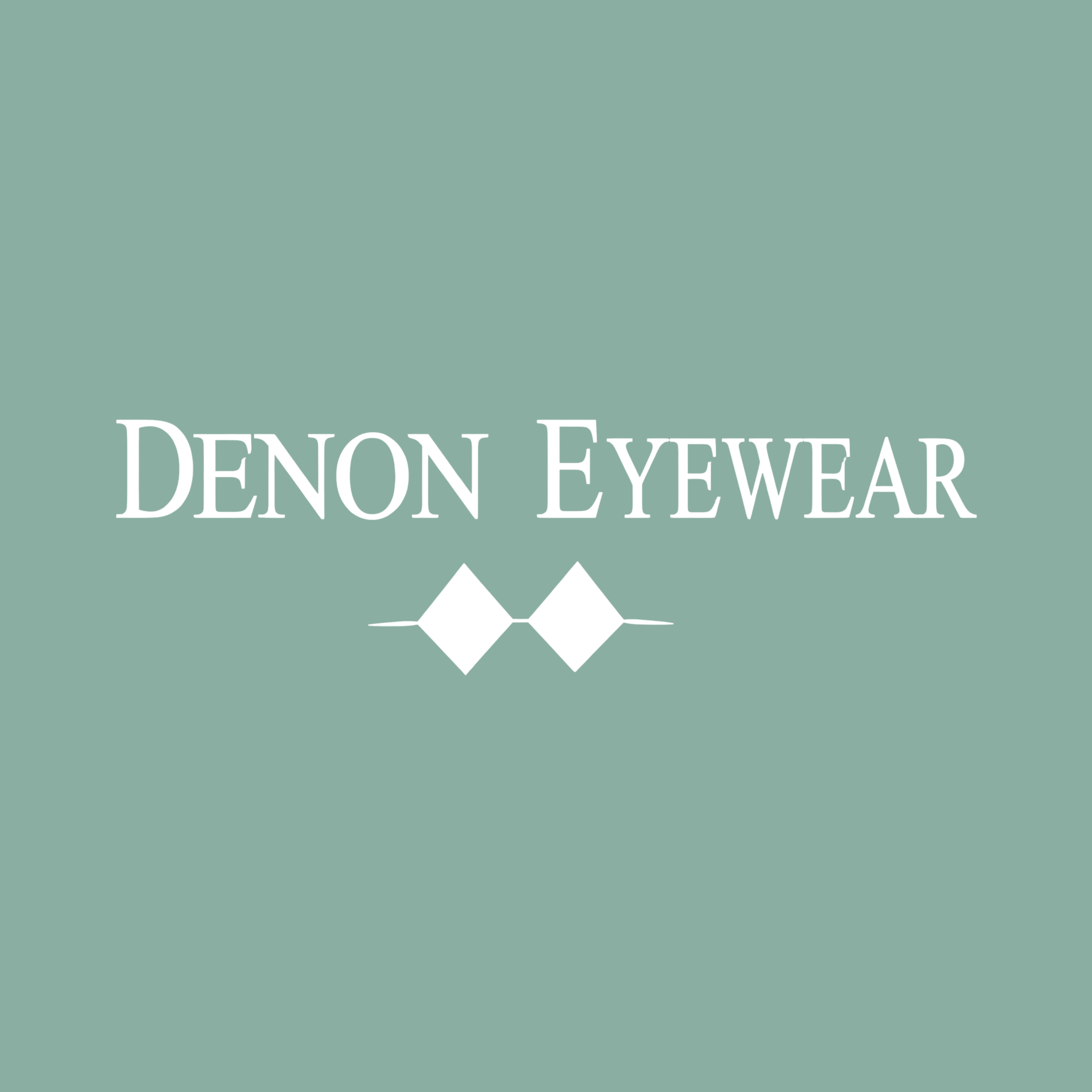Alexandria’s Leading Dry Eye Center
Eye2Eye serves as a trusted referral center for dry eye care in Alexandria. Doctors recommend us, and patients choose us when they want real relief. Whether a provider referred you or you’re searching for answers on your own, our team delivers advanced diagnostics, personalized treatments, and lasting results.
Our Services
Vision Care & Ocular Wellness
At Eye2Eye, we provide more than just vision correction. We specialize in preventative eye care that supports lifelong ocular health. Our medical eye exams include advanced screenings for diabetes-related eye disease, glaucoma, thyroid eye disease, cataracts, and macular degeneration. We also offer state-of-the-art dry eye treatment, children's myopia management, and customized care plans using the latest diagnostic technology. Whether you need an annual wellness eye exam or ongoing management of a chronic condition, our team is ready to protect and preserve your vision.
Aesthetics & Whole-Body Wellness
Dr. Adamopoulos founded SomaSou MedSpa to complement Eye2Eye's mission, offering personalized aesthetic and wellness treatments in conjunction with medical eye care. SomaSou, meaning "your body" in Greek, reflects our focus on whole-body health and natural beauty. We offer Botox, dermal fillers, microneedling, laser facials, IV therapy, body sculpting, and physician-guided weight loss programs. Each service is delivered with the trusted clinical care you expect from Eye2Eye.
Scheduling an Appointment
Cancellation Policy
Cancellations within 24 hours of appointment are subject to a $75 cancellation fee.
Out of Network
We are out of network with Davis Vision Plans (FEP Blue Vision). For more information on the insurance we accept, please see details here.
Emergency Visits to Be Seen ASAP
If you are experiencing redness, dryness, irritation, infection, new visual disturbances, flashes or floaters, or ocular migraines, please contact our office directly so we can schedule you an appointment sooner. Call us at (703) 548-0122.
Contact Us
If you have any questions, please call us at (703) 548-0122.




























Testimonials
FAQs
How often should I get my eyes checked?
Adults should have a comprehensive eye exam every 1 to 2 years, even if they don’t wear glasses or contacts. Children, seniors, and those with conditions like diabetes may need more frequent exams. Regular visits help detect early signs of eye disease.
What are the signs that I need glasses or contacts?
Common signs include blurry vision, headaches, eye strain, squinting, and difficulty seeing at night or reading. If you experience any of these symptoms, schedule a comprehensive eye exam to determine if corrective lenses are necessary.
What’s the difference between an eye exam and a vision screening?
A vision screening is a basic test to check for obvious vision problems, often done at school or work. A comprehensive eye exam, performed by an optometrist or ophthalmologist, evaluates your overall eye health, prescription needs, and early signs of conditions like glaucoma or cataracts.
Can I use my vision insurance for an eye exam and glasses?
Yes, most vision insurance plans cover annual eye exams and provide allowances for glasses or contact lenses. Our office accepts most major insurance providers and can help you understand your coverage.
What is myopia, and how can it be managed in children?
Myopia, or nearsightedness, causes distant objects to appear blurry. It often begins in childhood and can worsen over time. Myopia management options include ortho-k lenses, soft multifocal contacts, and atropine drops to slow the elongation of your child’s eye and prevent the progression of myopia
What treatments are available for dry eye syndrome?
At our advanced dry eye clinic, we take a comprehensive approach to treating the underlying causes of dry eye, rather than just addressing the symptoms. Using leading-edge technologies like OptiLight IPL, OptiPLUS, and OptiLIFT, we target inflammation, unclog blocked oil glands, and improve blink function. Each treatment plan is personalized to restore lasting comfort and support long-term eye health.
Is blue light from screens harmful to my eyes?
Extended screen time can lead to digital eye strain, but there’s no conclusive evidence that blue light causes long-term eye damage. However, blue light lenses and regular breaks, using the 20-20-20 rule, can help reduce discomfort and support eye comfort.
How can I tell if I have cataracts or glaucoma?
Cataracts cause blurry or cloudy vision, especially at night, while glaucoma often has no early symptoms but can lead to vision loss. A comprehensive eye exam with advanced imaging is the best way to detect both conditions early.
What’s the best age for a child’s first eye exam?
Children should have their first comprehensive eye exam before starting kindergarten, unless their medical history warrants otherwise.
Do I need an eye exam if I don’t have vision problems?
Yes. Many serious eye conditions, like glaucoma or macular degeneration, develop without symptoms. Annual exams help protect your vision and overall eye health, even if you don’t wear glasses or contacts.
Do you do scleral lens fittings?
Yes, our doctors specialize in fitting scleral lenses for conditions such as keratoconus, post-corneal transplants, irregular corneas, and moderate to severe dry eyes.
What insurances do you accept?
We accept most major medical insurance plans, including TRICARE, BCBS Federal, CareFirst, Aetna, Cigna, United, and Medicare Part B. Additionally, we are in-network with VSP and EyeMed for optical benefits.
Are appointments required?
Yes, we require appointments for all medical eye exams. Emergency eye care is available on the same day. Please call the office before arriving.
Do you do eye exams for diabetics?
Yes, our doctors perform dilated diabetic eye examinations with electronic reports to your primary care doctor and/or endocrinologist. Check with your individual medical insurance, but most provide coverage for annual diabetic eye exams.
How fast can myopia progress in children?
Myopia often begins in early childhood and can worsen quickly, with prescriptions changing every 6 to 12 months. Rapid progression is most common between ages 6 and 12, which is why early monitoring and treatment are essential.
How can I slow down my child’s myopia naturally?
Encouraging more outdoor time, limiting excessive near work (like screens), and taking regular visual breaks can help. However, lifestyle changes alone are usually not enough. Our doctors offer FDA-approved treatments such as ortho-k lenses, daily soft lenses, and atropine drops, which can slow progression by up to 60%.
What is rapid progression of myopia?
If your child’s prescription increases by more than -0.50 diopters in a year, that’s considered rapid progression. Left unmanaged, it can lead to high prescriptions and greater risks of retinal problems later in life.
Why are my eyes always red and dry?
Chronic redness and dryness are often signs of underlying dry eye disease, which means your eyes aren’t producing enough quality tears. Common causes include meibomian gland dysfunction, inflammation, allergies, or even long hours on screens.
Why do my eyes burn or feel gritty?
That scratchy, burning sensation often means your tear film isn’t working properly, usually from blocked oil glands or inflammation on the eye’s surface. At our advanced dry eye clinic, we utilize the gold standard, FDA-approved OptiLight IPL to treat the underlying cause, rather than just masking the symptoms so that you can enjoy lasting comfort.
What causes eyes to be red and watery all the time?
Ironically, overly watery eyes can be a sign of dryness because your eyes produce reflex tears since your own tear film lacks proper oils. Allergies, environment, and eyelid health also play a role. We can determine the cause during your eye evaluation.
Can an eye exam detect glaucoma, cataracts, or macular degeneration?
Yes. A comprehensive medical eye exam can catch early signs of glaucoma, cataracts, macular degeneration, diabetic eye disease, and more, often before you notice symptoms. Early detection is key to protecting long-term vision.


































